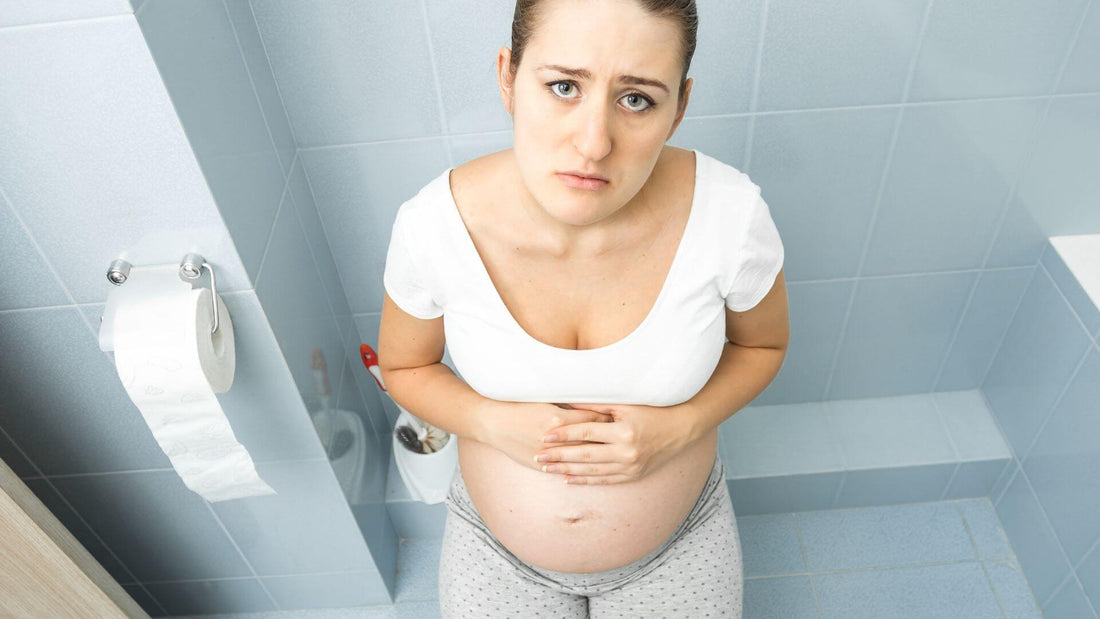Cystitis in pregnancy: what it is, why it occurs, symptoms and what to do
Introduction
If you are recently pregnant and want to know more about cystitis during pregnancy , a very common condition among pregnant women, this article is for you.
By reading it, you will be able to answer many questions and discover, for example, why cystitis occurs during pregnancy.
The information you will find is advice for a serene, healthy and conscious sweet wait that you can integrate with the contents of the pre- birth video course “Nascere e Rinascere Madre” , curated by the midwife of the DrSilva team and the Yule Center, Doctor Maria Chiara Alvisi .
For scientific advice on how to accompany your puppy during his motor development, I'll wait for you on my Instagram profile @drsilva.com_official .
What is cystitis during pregnancy?
Cystitis during pregnancy is a bacterial infection that affects the bladder, particularly its wall.
The problem, in general, mainly involves women.
This happens due to the peculiarities of their urinary system , characterised by a shorter urethra than the male one and by a greater proximity to the anus , with a consequent increased risk of colonisation of the vaginal environment by fecal bacteria.
During pregnancy, the probability of having to deal with cystitis increases further due to various predisposing factors, which we will discuss in the next paragraphs.

Why does cystitis occur during pregnancy?
Cystitis during pregnancy is favored by the natural hormonal changes typical of sweet waiting.
In particular, it is worth mentioning the influence of progesterone .
This hormone, whose levels increase at the beginning of pregnancy, causes a general relaxation of the smooth muscles , also impacting the tone of the urethra.
The consequence of all this is a slowing down of the urinary flow, with a physiological reduction in the washing effectiveness of the urine itself.
A dutiful mention must also be made of the compression of the uterus on the bladder and urinary tract.
This condition, which becomes bothersome especially in the last months of pregnancy, causes a slowing of the urinary flow.
Also not to be forgotten is the frequent presence of significant quantities of glucose in the urine, a typical situation in future mothers with gestational diabetes, a nutrient for the bacteria that cause the infection.
Regarding the latter, I recall that, in 8 cases out of 10, the diagnosis of cystitis during pregnancy highlights the presence of Escherichia coli .
This bacterium, commensal in the human intestine, due to the aforementioned changes that affect the body of a pregnant woman, can migrate into the bladder through the urethra.

